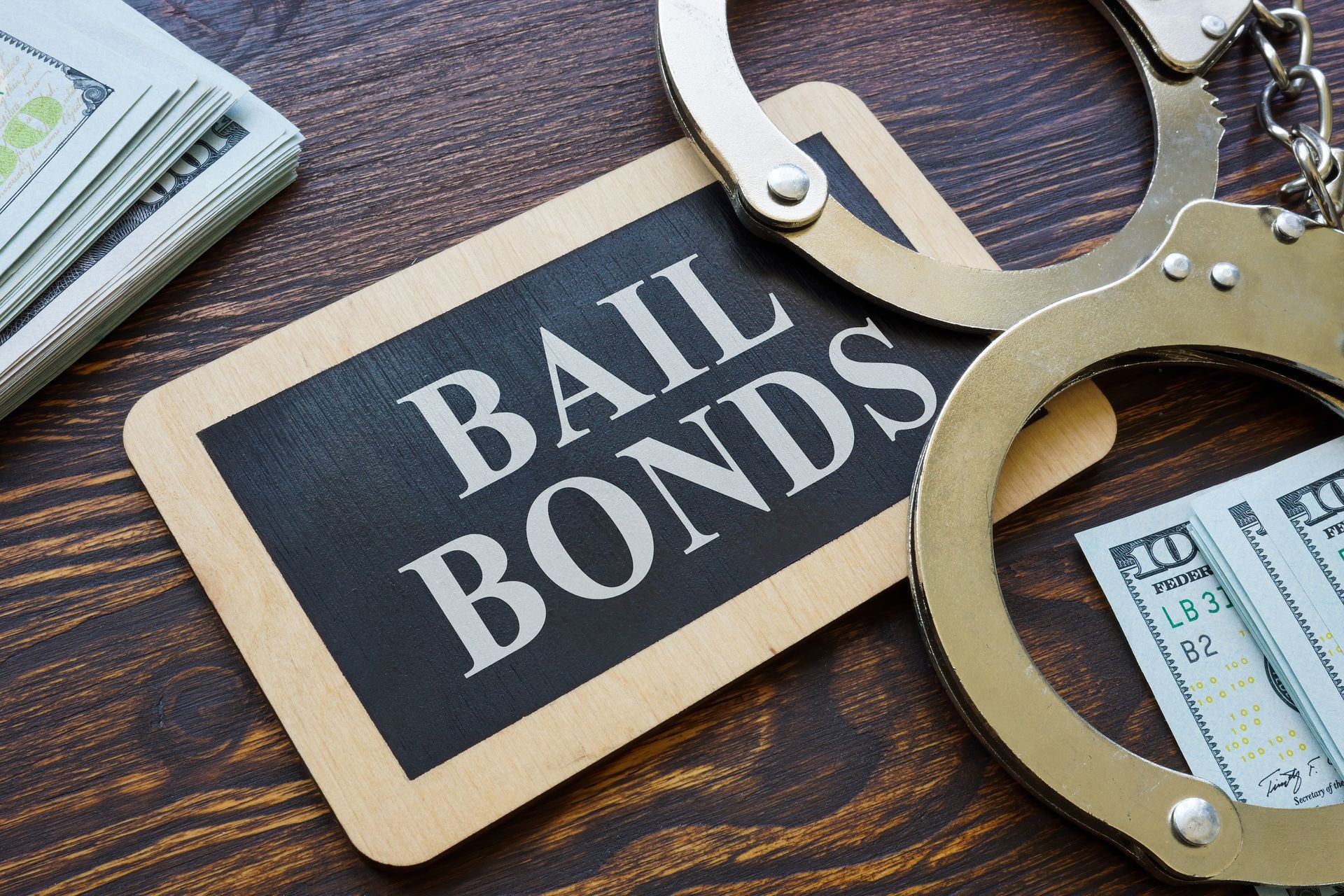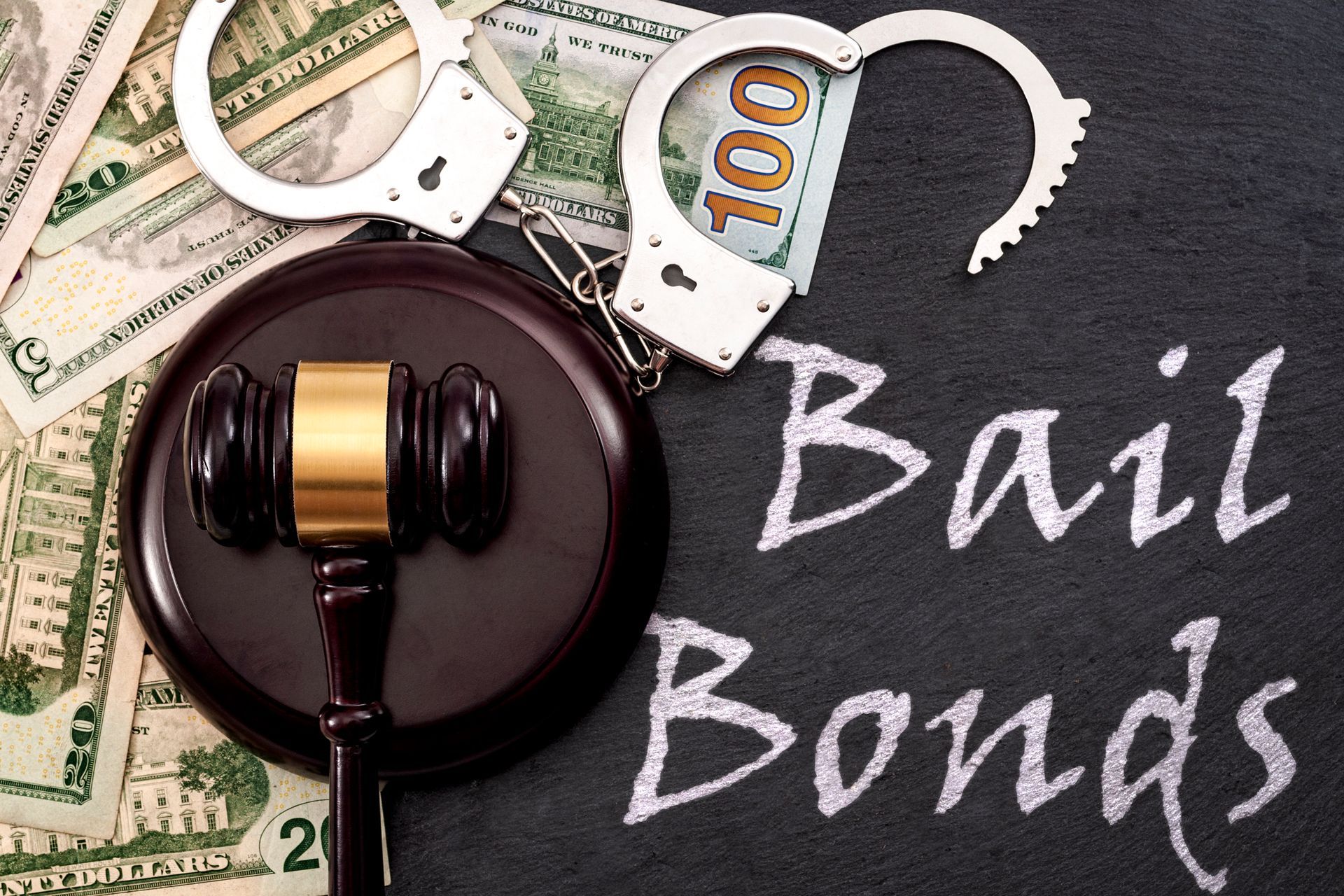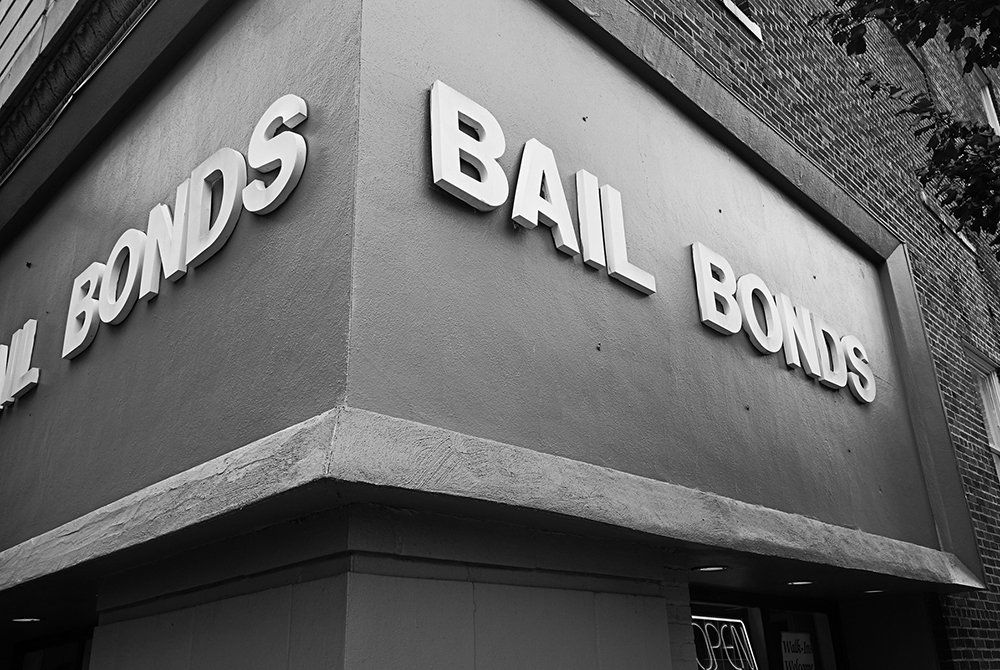A BEGINNER'S GUIDE TO HOW BAIL WORKS
While awaiting a trial, the judge may decide to set bail. This is a specified amount of money that can be given to the court in exchange for the defendant's release from jail. This acts as an assurance that the defendant will be present during the trial. While the bail amount may be high, it will allow the defendant to avoid spending time in jail while awaiting the court date.
Posting, or paying the bail will allow the defendant to continue to go to work or attend school. The hope is that the defendant will show up for court. If you are thinking about posting bail for someone else, this guide will explain how bail works.
What Happens First? Someone Is Placed Under Arrest
The first thing that happens is someone is arrested. Once an individual has been arrested, he or she will be taken to a police station and booked.
For less serious crimes, the defendant is allowed to post bail immediately. For more serious crimes, the defendant will have to wait for a bail hearing and won't find out what the bail will cost until the hearing.
How Is the Bail Amount Determined?
Depending on the seriousness of the crime and the degree to which the defendant is considered a flight risk, the bail might be set very high and the defendant may not even be allowed to post bail. The bail amount and whether bail will be made available is also at the judge's discretion.
Recently, algorithms have been used to determine what the bail will be based on the age of the defendant and whether he or she has committed other crimes. There are also standard bail schedules that detail the bail amounts for certain types of crimes.
Can the Initial Bail Amount Get Lowered?
If the bail is too high for you to afford, you can ask the judge to lower it. The process for lowering the bail amount varies from state to state, with some states requiring a hearing. If the person you're posting bail for doesn't have a criminal record, you may be able to persuade the judge by pointing out how this individual isn't a flight risk.
How Do You Post Bail?
If you already have the bail amount, you may pay a cash bail. However, most individuals do not have the extra capital needed to pay for bail. In this case, it's time to turn to a surety bond from a bail bond agent. The bond agent agrees to pay the full amount of the bond on the condition that the defendant will show up to court, and you pay a fee for the bondsman services.
If the defendant "skips" bail, or doesn't show up for court, the bondsman may even seek the services of a bounty hunter to capture the defendant and turn him or her over to the authorities.
Placing Responsibility on the Defendant
Technically, the defendant is considered to be in the custody of the bail bondsman until the defendant shows up in court. However, the hope is that the defendant will feel compelled to come to court to avoid causing the friend or family member who posted bail to lose any more money.
Often, collateral, such as a home, car or jewelry will be used as insurance that the bail bondsman will still receive a payment if the defendant doesn't show up for court.
What Does the Aftermath Look Like?
If you use your own cash to pay the bail, the money will be returned to you. If you have hired a bail bondsman, however, the bail will be returned to the bail bondsman and he or she will keep the fee. If the defendant does not show up in court and a bounty hunter is unable to capture the defendant, the bond will be forfeited. Then, the bond will need to be repaid to the bail bondsman.
If you need to bail someone out, we're here to help. Give A-Action Bail Bonds a call. We offer free bail information. We have payment plans available for bail bonds.
Phone: 210-226-5487
Toll Free: 800-221-0931
Address: 1126 W Commerce St. San Antonio, TX 78207
Business Hours: 24/7 Service






Financial Arrangements Available, Collateral Not Required on Most Bonds










